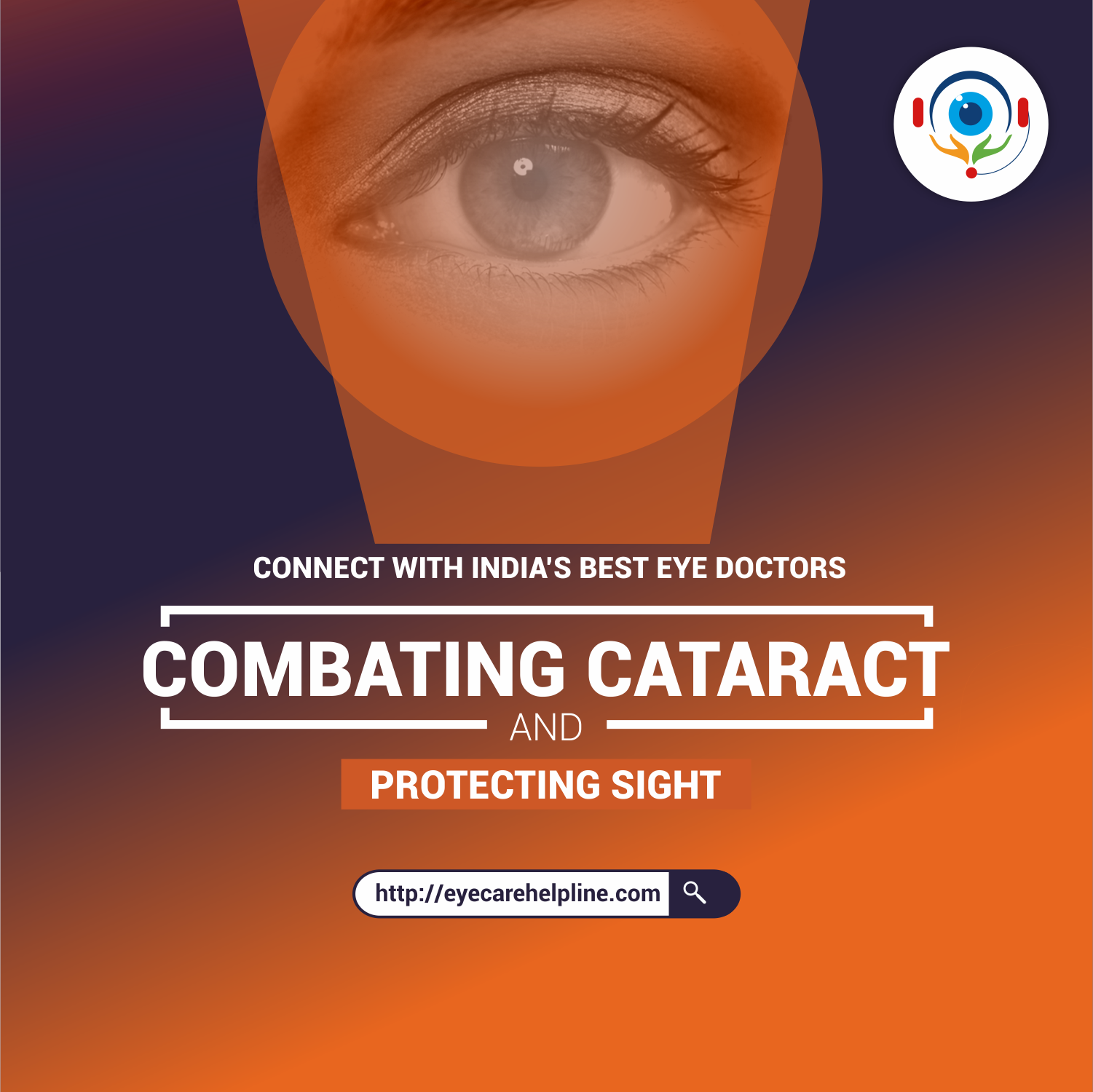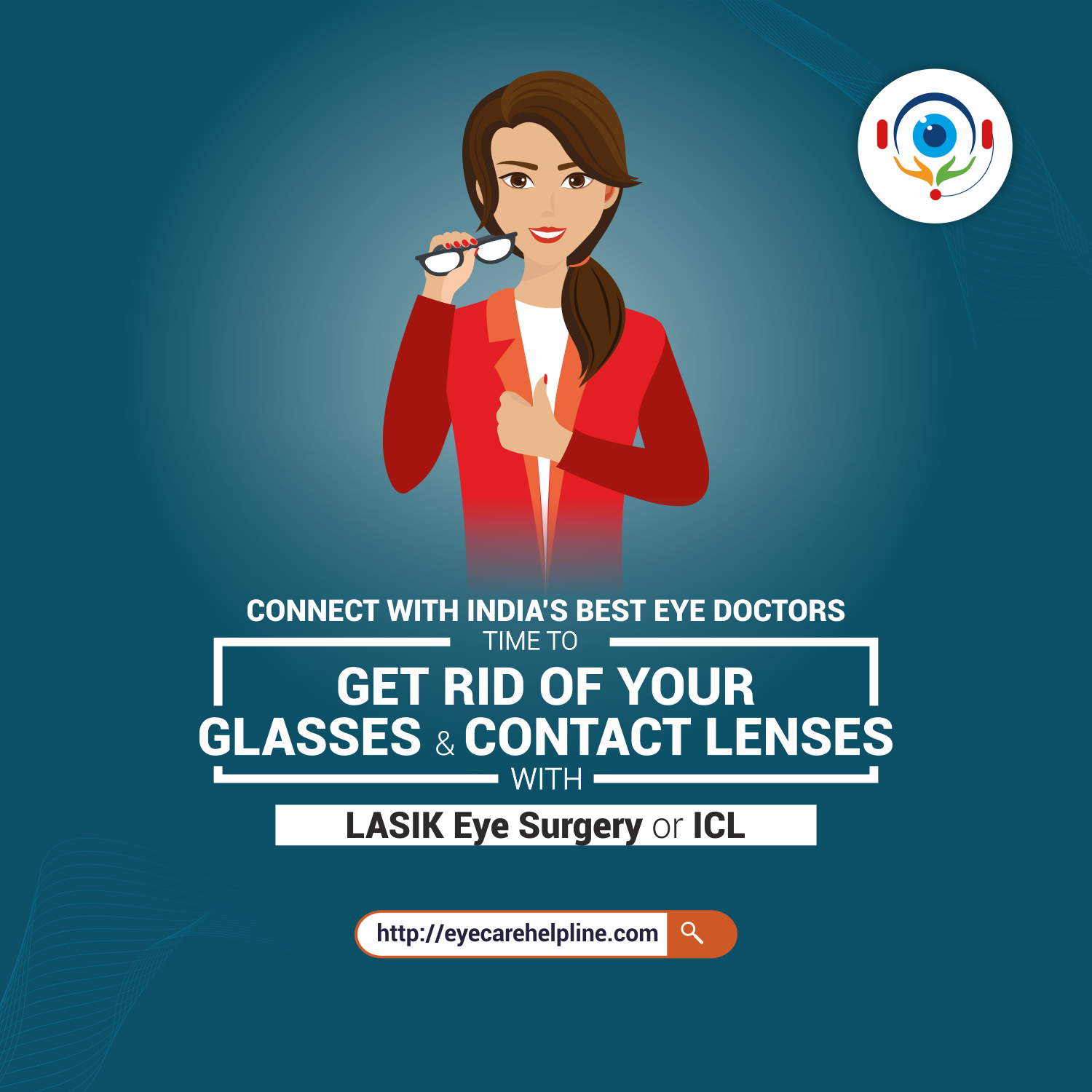- By: Dr. Shachi Srivastava
Currently Delhi NCR and many parts of northern India are experiencing very bad air quality due to severe air pollution. The AQI ( PM 2.5 AQI and PM 10 AQI)at many places in these regions is as high as 600 or even more. Severe air pollution leads to formation of dense smog in the lower strata of atmosphere which is actually a mixture of pollutant gases, smoke and fog. It not only leads to poor visibility in these areas, low penetration of sunlight but also causes many disease mainly respiratory illnesses.
Smog also causes a lot of irritation to the eyes. Our eyes are constantly exposed to the environment. Hence these toxic gases and suspended particulate matter interact with our tear film, irritate our conjunctiva and cornea and can cause many symptoms.
Usually the most common symptoms are of dry eyes and ocular allergy. The most common symptoms which are encountered are-
- Watering in the eyes
- Redness
- Itching
- Burning sensation
- Feeling of gritty/foreign body sensation due to dry eyes
- Ocular allergy mainly manifests as itching, redness, constant rubbing of the eyes
- In severe cases there can be blurring of vision and photophobia too.
In short , the symptoms can range from minor eye irritation to chronic persistent symptoms to severe symptoms like increased sensitivity to light due to corneal problems.
The main cause of these problems is due to change in the pH of the tear film due to the pollutants.
PREVENTION AND TREATMENT
It is advisable to stay indoors and travel outside only if very important especially at the times when the pollution is at its peak like in the morning hours.
Even when going out , it is better to use glasses/ sunglasses to protect your eyes. It is better to avoid using the contact lenses and if wearing them then use of protective glasses should be undertaken
Avoid constantly rubbing your eyes and touching it with dirty hands.
Eat healthy diet especially green leafy vegetables and fruits which are rich in antioxidants and omega three fatty acids.
For symptoms of dryness artificial tears can be used.
In initial phases of ocular allergy, washing eyes gently with water and cool compresses usually helps, however in persistent allergies and worsening symptoms, it is better to consult an ophthalmologist and take proper treatment.
It is better to avoid the use of contact lens and eye make up in symptomatic patients.
With proper precautions we can take good care of our eyes in these difficult times.


